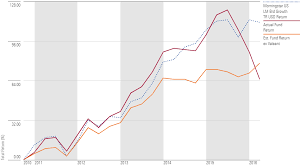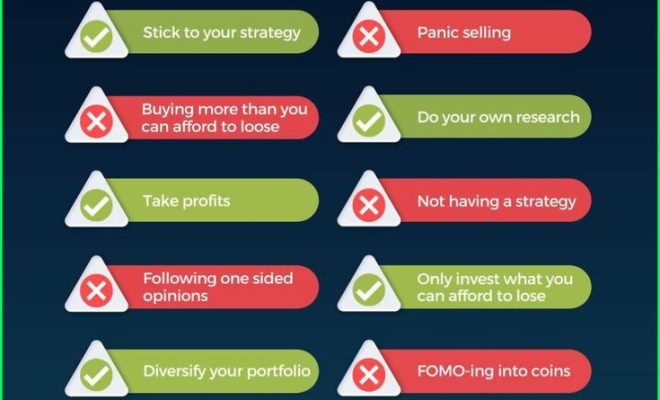Short on Cash? Here’s How to Avoid or Minimize Credit Card Interest

Strapped for cash and worried about the mounting interest on your credit card balance? Here’s a guide to help you navigate this common financial challenge and lessen the burden of credit card interest.
Understanding Credit Card Interest
To start, it’s important to know how credit card interest works. Credit card companies typically charge interest on any balance that remains unpaid after the end of each billing cycle. This interest is expressed as an annual percentage rate (APR), but it’s applied to your balance daily.
Avoiding Interest with Grace Periods
Most credit cards offer a grace period – typically between 21 and 25 days from the end of a billing cycle – during which you can pay off your new purchases without incurring interest. To take advantage of this feature, you need to pay your full statement balance by the due date.
Pay More Than the Minimum
Always aim to pay more than the minimum payment. The minimum only covers a small portion of the principal and mostly goes towards the interest, prolonging your debt repayment period and increasing the total amount of interest paid.
Lower Your APR
Reducing your APR can directly decrease the amount of interest you owe. You can try negotiating a lower rate with your credit card issuer, especially if you have a history of timely payments or if you’ve received lower-rate offers from other companies.
Use Balance Transfer Offers
Look for balance transfer credit cards that offer a low or 0% introductory APR. Transferring your existing balance can provide relief from high-interest rates, giving you a chance to pay down the debt without accruing more interest for a set period.
Consider a Personal Loan
If you have good credit, taking out a personal loan with a lower interest rate than your credit card could save you money on interest payments. You’ll have a fixed repayment schedule which can help you clear your debt sooner.
Control Your Spending
To avoid additional debt, reassess your spending habits. Create and stick to a budget that allows you to live within your means while setting aside funds to pay off your credit card balance.
Automate Payments
Set up automatic payments for at least the minimum amount due each month. This ensures you’re never late on payments, helping avoid late fees and potential hikes in interest rates due to delayed payments.
Seek Professional Advice
If you’re overwhelmed by debt, consider consulting with a certified financial planner or counselor who can provide personalized advice and suggest viable debt management strategies.
Act Smart With Cash Advances
Cash advances come with high fees and immediate accrual of interest. As much as possible, avoid using your credit card for cash advances unless it’s an absolute emergency.
Emergency Fund Importance
Building an emergency fund may not provide immediate relief for your current situation but is vital for preventing similar issues in the future. Start small and gradually build up savings to cover at least three to six months’ worth of expenses.
By implementing these strategies effectively, you can minimize or avoid credit card interest even when funds are low—helping protect your financial health and bring peace of mind in challenging times.





